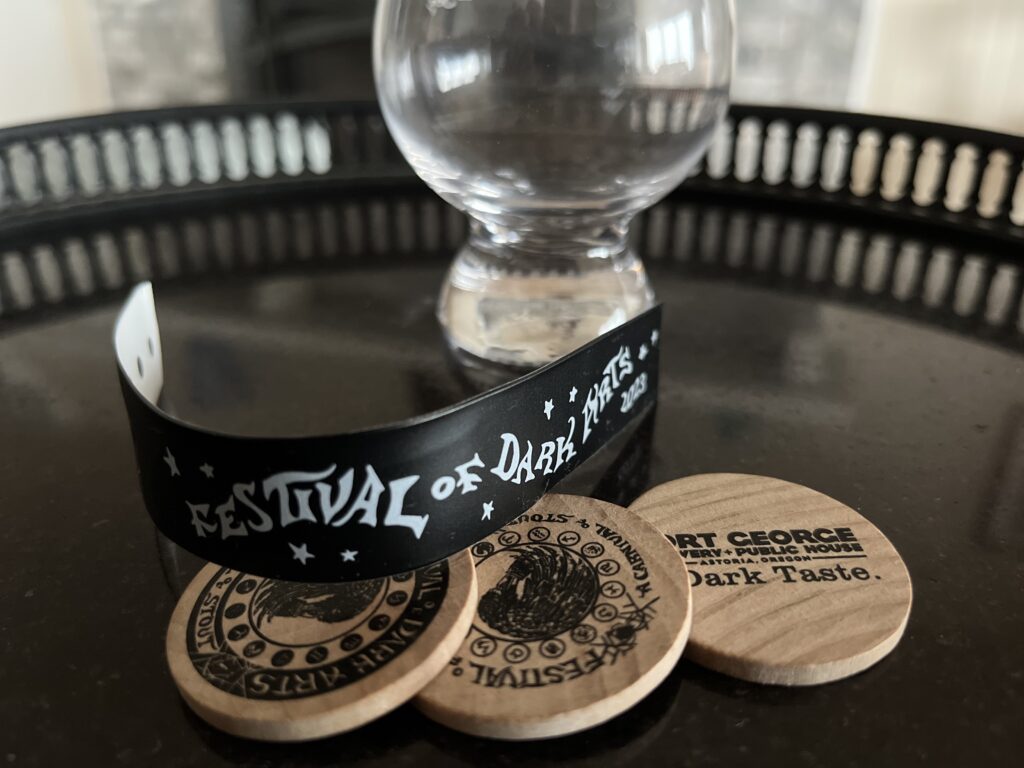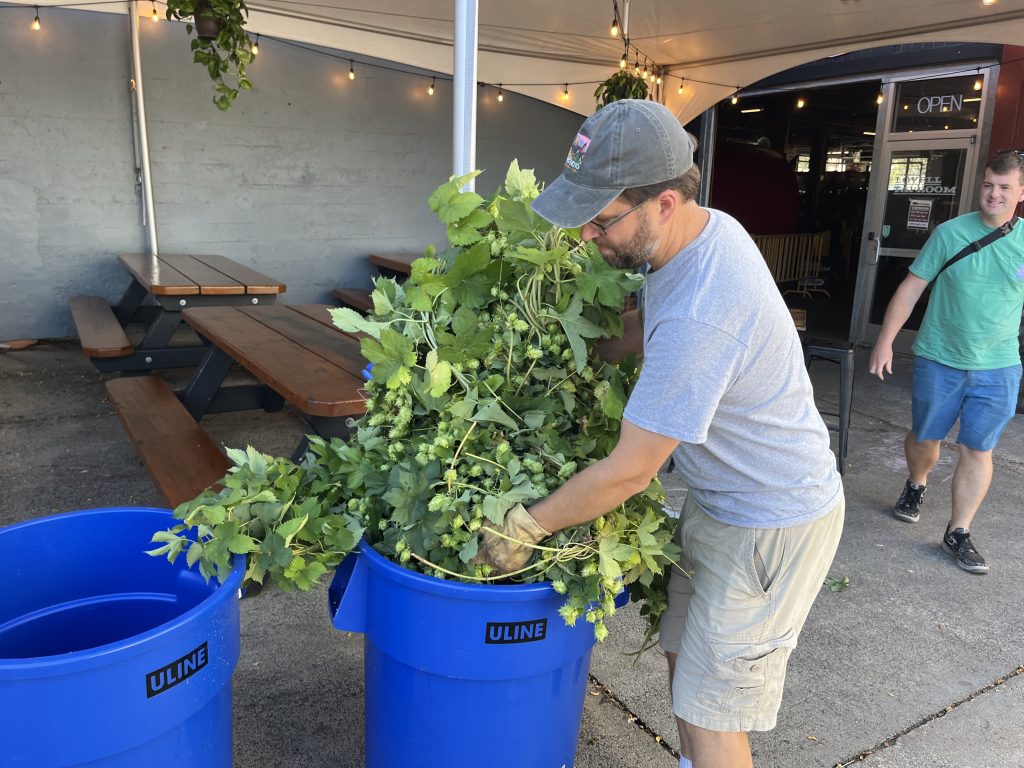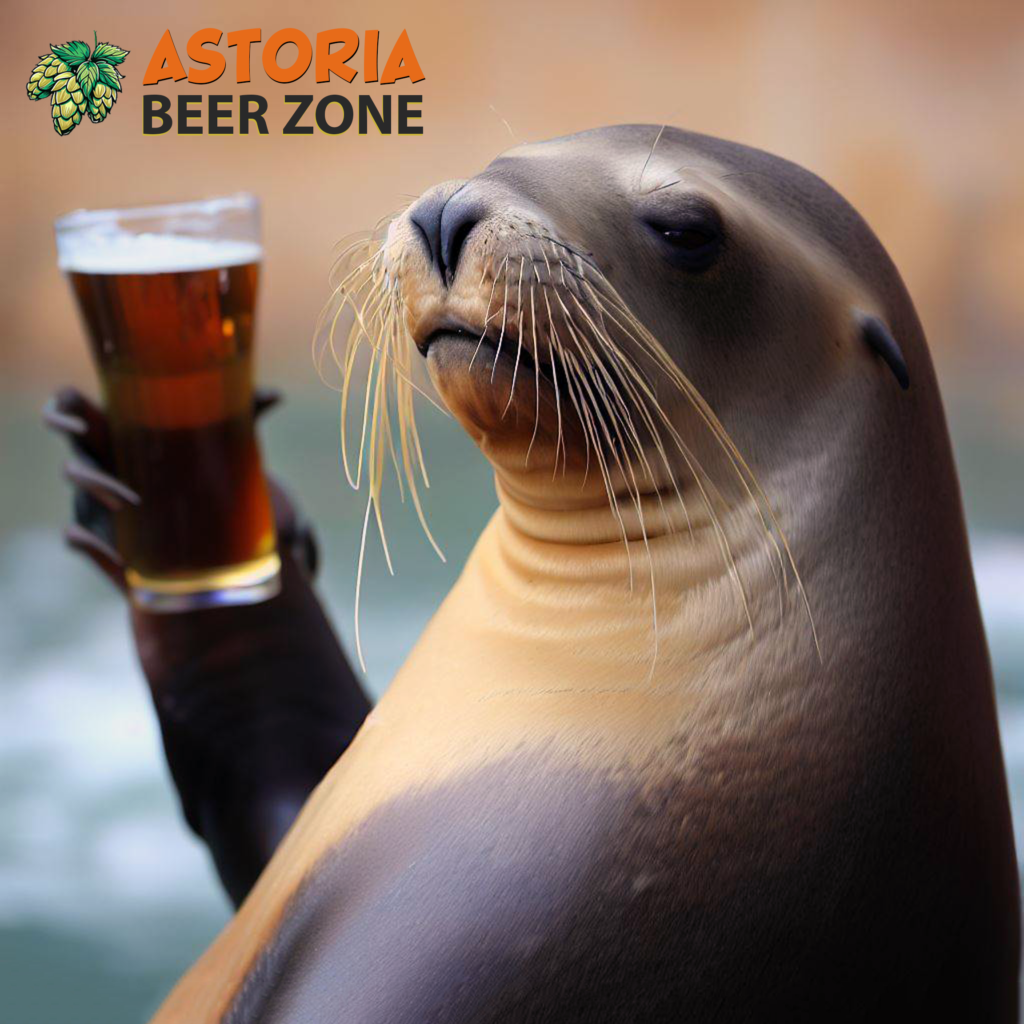By William Dean
During the darkest days of the pandemic, North Coast craft breweries had to close their taprooms and brewpubs.
It was a huge economic blow, but the businesses survived in part by pivoting almost entirely from draft to canned beer either sold “to go” or through distributors.
There was a problem, however. Most smaller breweries lacked canning lines.
More than ever, they needed the services of the nomads of the industry: mobile canners.
Because in-house canning lines are costly, take up valuable space and require staffing and maintenance, many microbreweries today contract with mobile canning companies.
The operators roam like hired guns from brewery to brewery in their rigs, often across a vast territory. They became a key part of production as the number of breweries exploded nationwide – from a couple hundred in the early 1980s to more than 9,500 today.
For Ryan McReynolds, 35, of Hood River-based Crossroads Mobile Canning, the job entails rumbling down highways in his truck with a canning machine tucked inside the 18-foot trailer he’s towing.
At a stop before dawn at Public Coast Brewing Co. in Cannon Beach, he rolls out his $100,000 Microcanner in several pieces and hooks it up in a narrow space between the brewhouse and the pub.
It takes a couple of hours to get things set, including connecting to a tank filled with fresh beer, testing the batch’s temperature, dissolved oxygen and carbonation, and calibrating his equipment.
“There’s a lot to it,” he says.
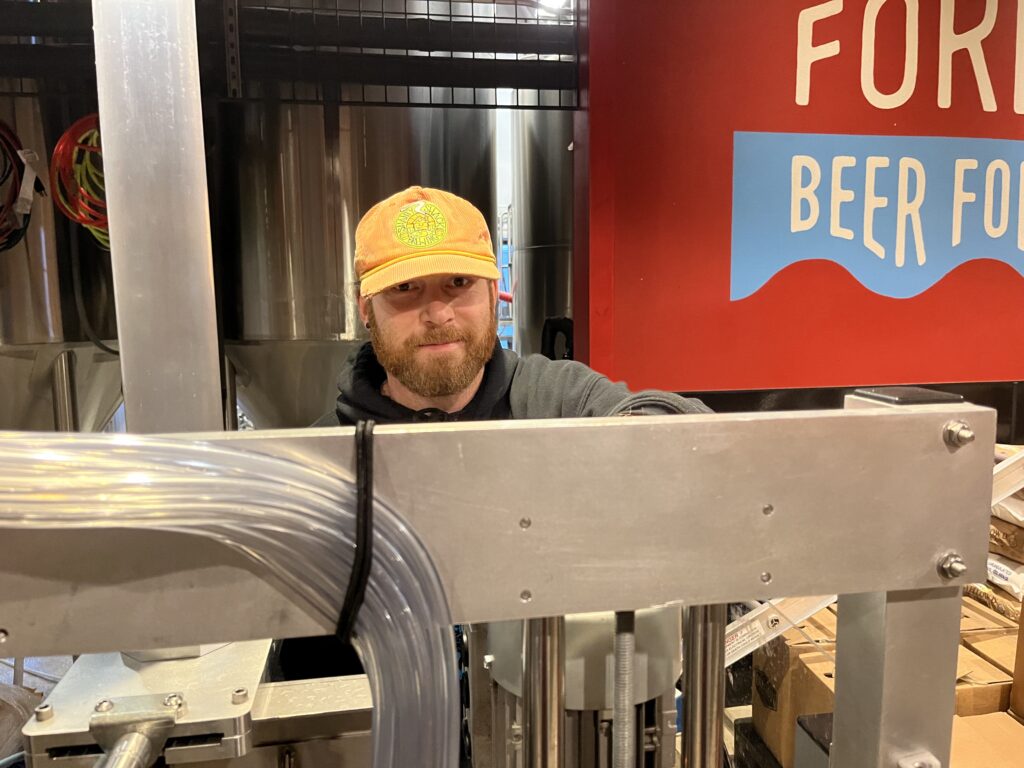
Once ready, cans begin moving down the line, gradually reaching a speed of about 30 per minute.
They’re fed into the “flip rinse” – a machine that turns them upside down so they can be cleansed with water. Flipped upright again, they’re sent down a conveyor belt to the “filler.”
Cans are blasted with CO2 to clear them of oxygen, then filled four at a time. While McReynolds checks the fill levels, tops dispensed from a long vertical tube are placed onto each foaming can. At the next station, a “seamer” folds the top under the lip of the can, sealing it.
Another rinse, then it’s on to the labeler. McReynolds patiently works the controls and keeps the empty cans coming as Public Coast brewers assist on the “back end.”
After more than four hours of noisy canning, the quota of cases is satisfied. McReynolds takes his machine apart and returns it to the trailer. But there’s no time to rest. He’s got to get back to Hood River and prepare for the next day’s job.
“Work, work, work, man,” he says with a smile.
***
It’s a rite of passage for breweries to grow to the point of investing in high-speed canning lines of their own.
North Coast regional powerhouses Fort George Brewery, Buoy Beer Co. and Pelican Brewing Co. now use high-tech canning machines and related equipment that can cost up to several million dollars and require five employees to operate.
Some smaller breweries do their own canning with compact, no-frills machines, figuring it’s more economical than contracting out the work.
That was the case from the start for Reach Break Brewing, which opened in downtown Astoria in 2017. Head brewer and founder Josh Allison got a used machine from a cold brew coffee business and later upgraded.
While he appreciates the role mobile canners play, Allison likes having maximum control over his beer. “At the end of the day, you’re completely beholden to somebody else’s equipment and schedule,” he says.
Founded 10 years ago, Buoy thought its mobile canning days were long over when pilings at its waterfront facility suddenly failed in June 2022, causing a partial collapse.
The damaged building held the canning line and the brewery wasn’t allowed access due to safety concerns. (While it would turn out that the machine was intact, Buoy officials had no way of knowing that at the time).
Suddenly unable to package its own beer, the brewery reached out to mobile canning companies. Two based in Portland – Craft Canning and Cascadia Canning – were able to respond on an emergency basis, setting up their machines inside the unscathed main brewhouse on the south side of the Riverwalk.
Buoy’s makeshift arrangement lasted nine months, but it allowed beer to clear the tanks and get to distributors during a major crisis, according to Jonathan Gostnell, the brewery’s operations manager.
“Mobile canning was integral post-collapse,” he says.
***
Being a mobile canning operator is a grueling job, with days that start before sunrise, intense pressure and lonely treks to far-flung breweries.
“It’s a long day – 15 hours,” says Gostnell, who worked several years as an operator before going into management. “And then say, due to the scheduling, that machine needs to get to Seattle from Bend the next day. … It’s the single-hardest job I’ve ever had.”
McReynolds calls Gostnell’s assessment “spot on.”
After buying Crossroads three years ago from his retiring parents, he’s been a sole operator. When he talks, there’s a weariness in his voice.
He’s got about 30 clients, most of them breweries, scattered throughout Washington and Oregon, which is why he’s put some 100,000 miles on his two rigs. As owner-operator, McReynolds has to be a scheduler, long-haul trucker, beer expert and mechanic – the latter just to keep the lines running.
“It’s a huge, huge part of being able to do what I do,” he says of making repairs in the field. “You have to be mechanically inclined. That’s the only way you would ever be able to be successful in this line of work.”
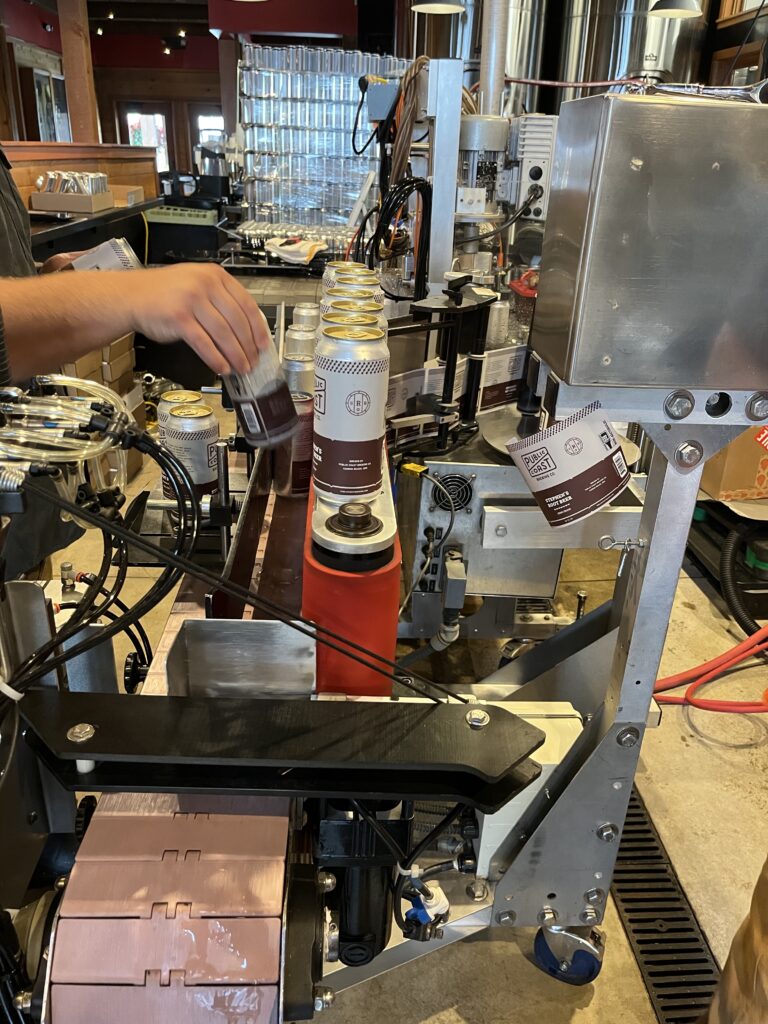
Because craft brewing switched from bottles to cans slowly, mobile canning is relatively new. Most companies, like Crossroads, Craft and Cascadia, are only 10 to 15 years old.
They lose customers when breweries get big or close their doors, but for now start-ups are plentiful.
While he enjoys the friendships he’s forged with brewers, McReynolds says he’s stopped taking new customers because his schedule is so packed.
“There’s no shortage of business out there,” he says. “There’s always going to be breweries popping up.”
_
William Dean is an author with a passion for craft beer. His blog, Astoria Beer Zone (astoriabeerzone.com), covers the North Coast. His latest suspense novel, Militia Men, is available in bookstores and online.
This column originally appeared in the December 2023 issue of HIPFiSH Monthly.

